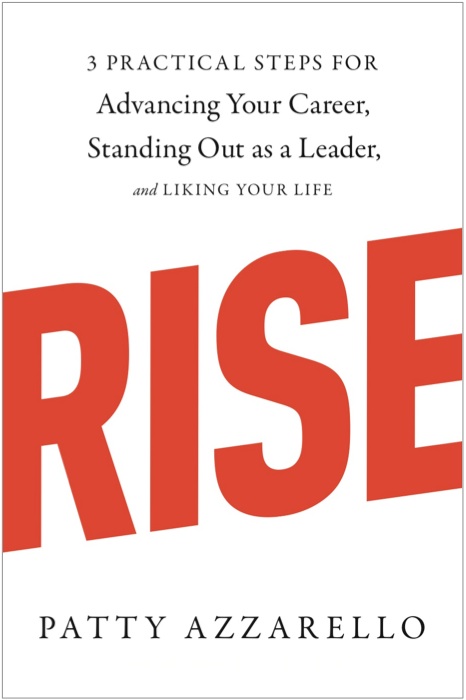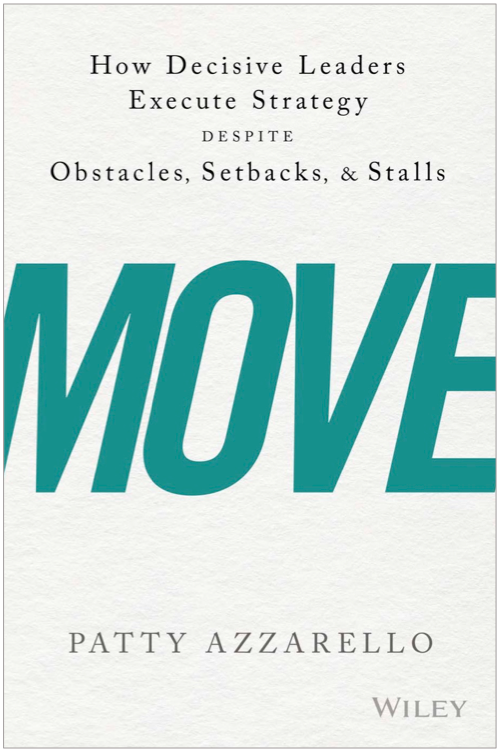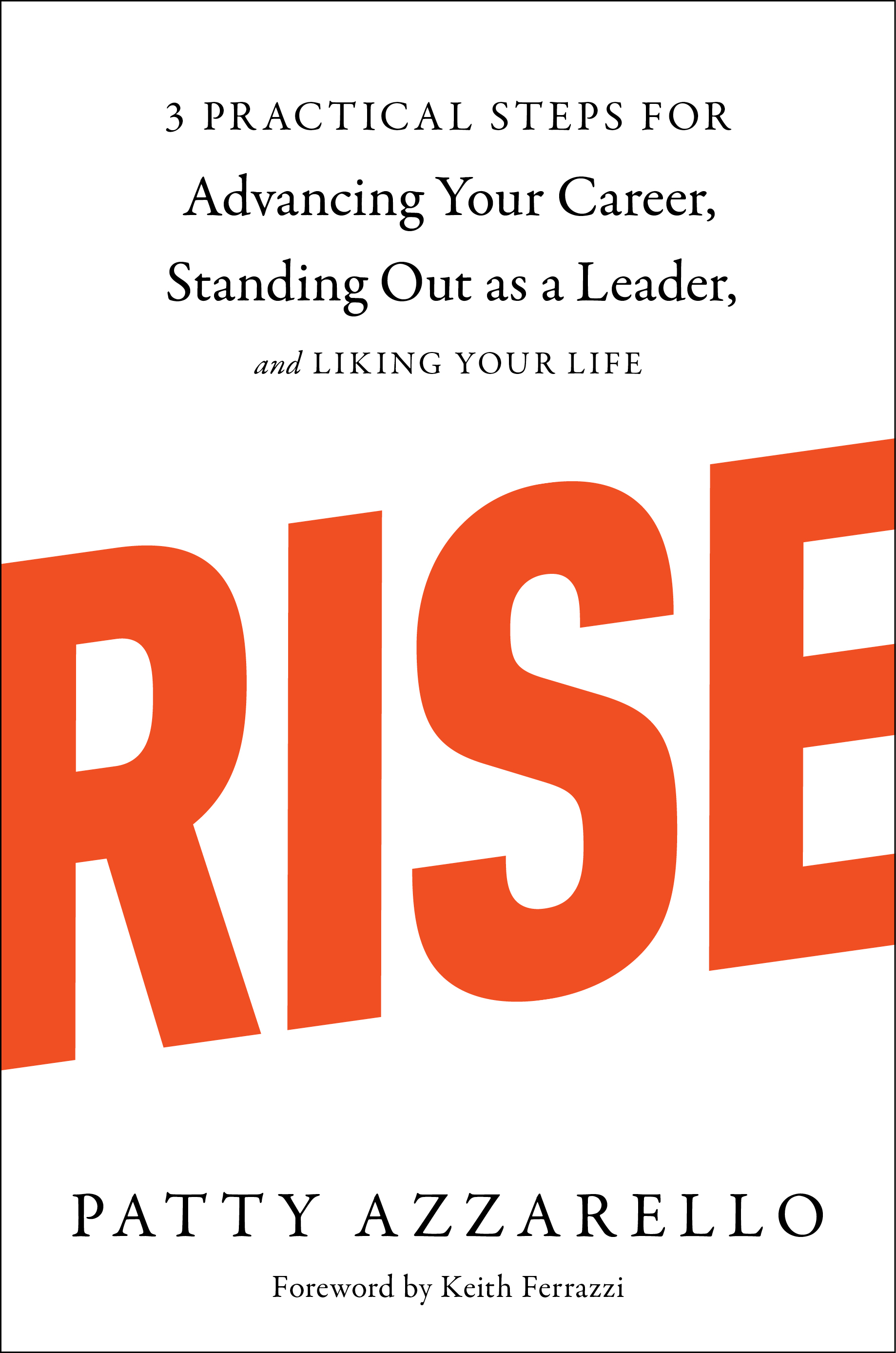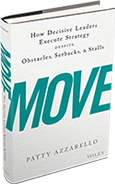Learning
Earlier this week I got to visit my alma mater, Monmouth University.
Among other things, I got a chance to talk with students.
I shared 5 ideas with them about habits and ways of thinking that they could start doing now, that would benefit them for the rest of their career.
- Always start with your desired outcome in mind (State it out loud if in a group)
- Ask for help (Never fail alone)
- Find and DO what you are naturally good at (The secret of successful people)
- Develop Yourself (No one does this for you after you leave school)
- Manage Your Personal Brand (You have one now, in the real world and online)
Asking for help
All of these things are as true in the workplace as they are in the University.
The one I want to talk about here is #2. Ask for help.
A former professor of mine was sitting in on one of my student presentations, so I couldn’t help mentioning that there was an engineering homework problem he gave me when I was his student, that I worked on for about 20 hours and made no progress on whatsoever.
He raised his hand in the audience in front of students and asked me, “Why didn’t you come to me for help?”
I thought about this a lot. Here’s what I have come up with.
Why students (and other people) don’t ask for help.
Idea #1. The wrong desired outcome
What is your desired outcome in this class?
Is your desired outcome to learn as much as possible?
Is it to get a good grade?
Or is it to get a good-enough grade with as little effort as possible.
My desired outcome was to get good grades.
So I set my focus on doing what it took to get good grades — Predicting what was going to be on the tests and preparing for that. Doing just the homework that would give course credit or prepare for the tests.
I now realize was that if my desired outcome was to learn as much as possible I would have done different, and better things.
I would not have optimized just for what was going to be on the test, or how to get homework credits.
I would have stepped back, tried to understand why this course was important, and tried to learn as much as possible – whether it was going to be on the test or not.
If I had done that, I would have asked more questions and got more help from the professor. (By the way, I think I probably also would have got even better grades — and with less stress).
Idea #2. I’m not supposed to ask for help
This is really the crux of it. I brought myself back to my student days…
The reason I didn’t ask for help was because I didn’t know that I could!
In fact, I thought that was exactly the wrong thing to do.
Then, I believed that the game was this:
You were supposed to absorb what ever you could from the lecture, and then you were supposed to be able to do the homework on your own. If you couldn’t do the homework, that meant that you failed to learn what you were supposed to learn in the lecture.
If you asked for help, it was tantamount to going to your teacher and saying, “I deserve an F because I didn’t understand this at all”. You would be showing your teacher what you didn’t know, and therefore would be marked down somehow for that.
As an adult, I realize that couldn’t be further from the truth!
When you ask for help, you build even more credibility, because the person helping you sees you learning and understanding. They then know fore sure that you know your stuff, because you learned it in front of them!
Back to present day, my professor asked me, what could I do to get more students to come and ask for help.
Here is what I came up with:
Getting students to learn more
1. Suggest that your students’ desired outcome for the class should be to learn as much as possible, not just to get grades on tests — and that you will be grading on learning habits in addition to tests.
2. Let them know that what learning habits look like. Don’t just say “participation counts”. Spell it out:
I expect you to ask questions, and come to my office hours to get additional help. If you are stuck on a homework problem, come to my office hours — you’ll get extra credit for doing that, as well learning more.
3. Tell them that learning (and their responsibility) in this class happens 3 ways.
a. What you get from the lectures
b. What you get from studying and working on your own
c. What you get from asking for help outside the class from me and others
4. Make it clear that they won’t learn enough just in the lectures.
I don’t expect you to be able to do all the homework from what we cover in the class. It just doesn’t work that way. You are not going to learn the content of this class if you don’t get extra information on your own by asking questions.
You are emphasizing that not only is it OK to ask for help, it’s part of the class to do so.
5. Make it clear that asking will only improve their grade.
6. Tell a story about how a student was initially lost, asked for help, and achieved great things.
Advice to students: Ask for help when you are stuck – always. Make sure you learn. It won’t ever hurt you to ask for help.
Advice to teachers: Make it safe, expected, and motivating for students to ask for help.
Asking Questions at Work
Where I see this in the workplace is when peoples’ egos get in the way of asking for help.
Advice to employees: Never suffer alone.
If you don’t know how to do something you’ve been asked to do, find an expert or ask a mentor. Learn how to do it. I did this over an over again in my career.
There is a funny story in my book RISE about this, where I intially thought I was going to get fired as a new General Manager when I didn’t know how to do something. I tell the story of what happened when I asked for help. Suffice it to say here, asking was the right thing to do!
Here’s how you can ask your boss for help and not lose any credibility:
“Do you know someone who has done something similar, who I can go to for some ideas and best practices?”
Asking for help will always improve your chance of success.
Pretending to know things you don’t, then doing a poor job, or failing at a job, is way more damaging to your credibility than asking for help and then doing a good job.
Always be curious. Always be asking questions. Always be learning.
Was this useful?
If you found this article useful, please help me share it with others and encourage them to subscribe to this Blog for free.
About Patty
Patty Azzarello is an executive, best-selling author, speaker and CEO/Business Advisor. She became the youngest general manager at HP at the age of 33, ran a billion dollar software business at 35 and became a CEO for the first time at 38 (all without turning into a self-centered, miserable jerk)
You can find Patty at www.AzzarelloGroup.com, follow her on twitter or facebook, or read her book RISE…3 Practical Steps for Advancing Your Career, Standing Out as a Leader, AND Liking Your Life.



